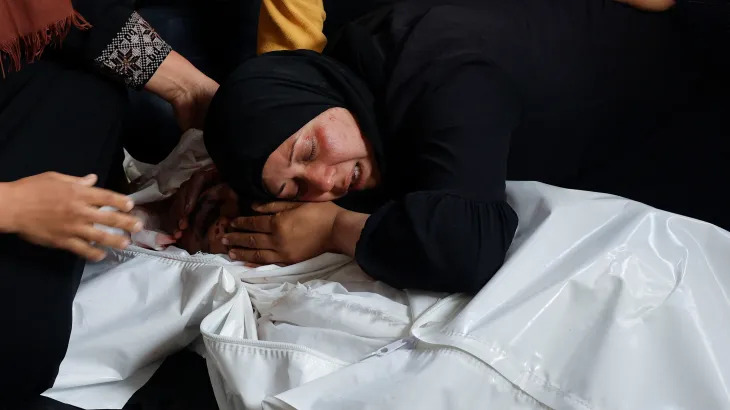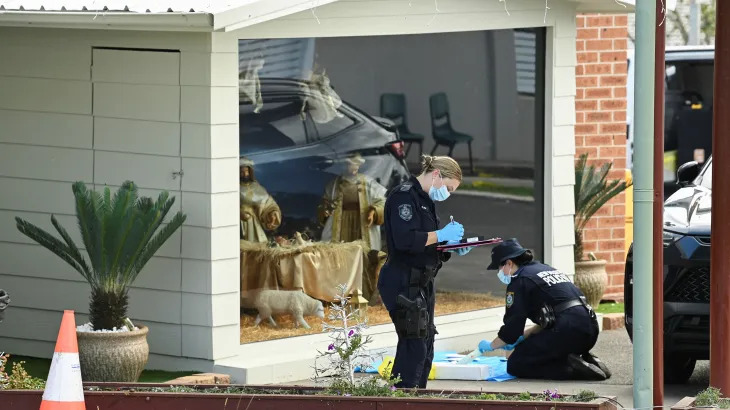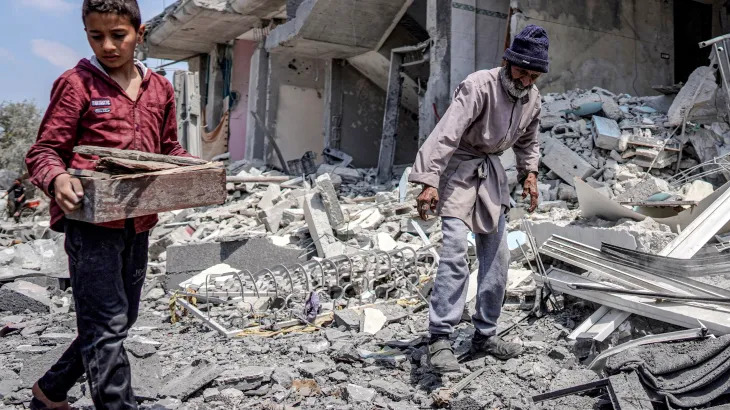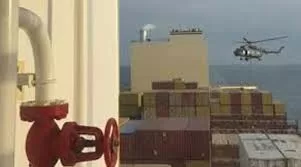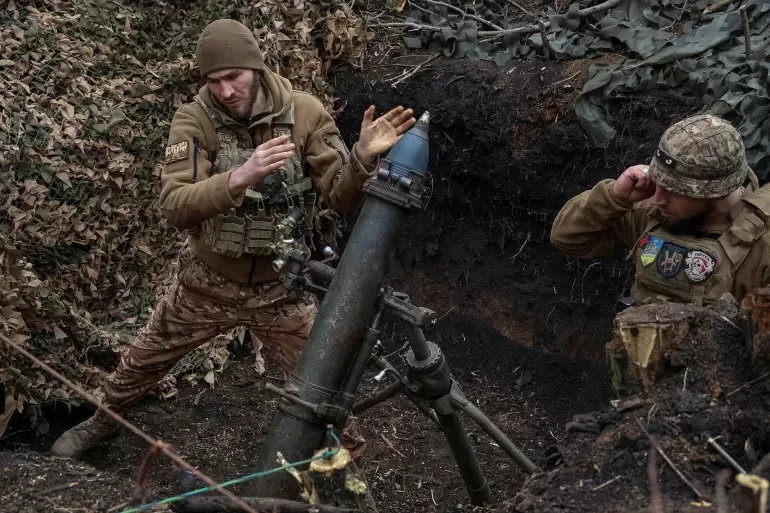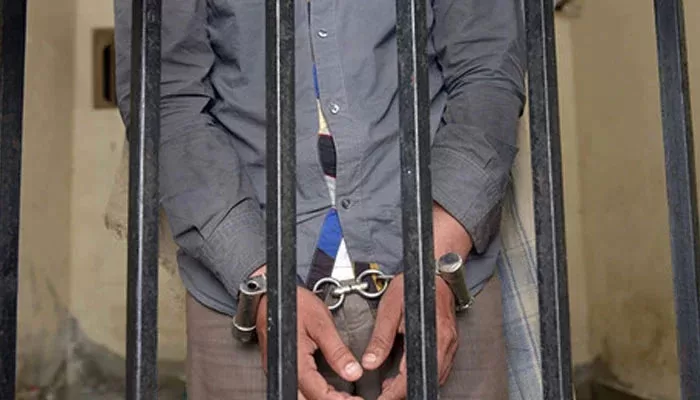Russia’s Putin urges restraint in call with Iran’s Raisi as tensions soar
Russian President Vladimir Putin has called for restraint as Israel weighs its response to Iran’s unprecedented weekend drone and missile attack. Putin made the remarks in a phone call with Iranian President Ebrahim Raisi on Tuesday. The leaders discussed what the Kremlin called “retaliatory measures taken by Iran” after an Israeli attack on the Iranian consulate in the Syrian capital, Damascus, on April 1. Putin urged all sides to refrain from action that would trigger a new confrontation that would have catastrophic consequences for the Middle East, the Kremlin said. Iran launched hundreds of drones and missiles at Israel late on Saturday in response to the Israeli strike in Damascus, which killed seven officers of the Islamic Revolutionary Guard Corps, including two generals. Putin, in his first publicly aired comments on Iran’s attack, said the root cause of the current instability in the Middle East was the continuing Israeli-Palestinian conflict. “Vladimir Putin expressed hope that all sides would show reasonable restraint and prevent a new round of confrontation fraught with catastrophic consequences for the entire region,” the Kremlin said. “Ebrahim Raisi noted that Iran’s actions were forced and limited in nature,” the Kremlin said. “At the same time, he stressed Tehran’s disinterest in further escalation of tensions.”Play Video Raisi thanks Putin Raisi thanked Russia for its position towards Iran’s response to Israel and said the inaction of the international community and the destructive role of some Western countries forced Iran to carry out the recent operation, according to Iran’s presidency. Raisi reiterated that any action against Iran’s interests will demand a larger-scale response, the presidency said. Russia, which has forged close ties with both Iran’s supreme leader, Ali Khamenei, and several Arab leaders, has repeatedly scolded the West for ignoring the need for an independent Palestinian state within 1967 borders. “Both sides stated that the root cause of the current events in the Middle East is the unresolved Palestinian-Israeli conflict,” the Kremlin said of the call with Raisi. “In this regard, the principled approaches of Russia and Iran in favour of an immediate ceasefire in the Gaza Strip, easing the difficult humanitarian situation, and creating conditions for a political and diplomatic settlement of the crisis were confirmed.” Putin, who in 2022 visited Khamenei, congratulated Raisi and all Muslims on the end of the Islamic holy month of Ramadan. Since Russia launched its full-scale invasion of Ukraine in 2022, Iran has provided Russia with a large number of surface-to-surface ballistic missiles and drones that Moscow has used to attack Ukraine. Source : https://www.aljazeera.com/news/2024/4/16/russias-putin-urges-restraint-in-call-with-irans-raisi-as-tensions-soar
Russia’s Putin urges restraint in call with Iran’s Raisi as tensions soar Read More »
News









